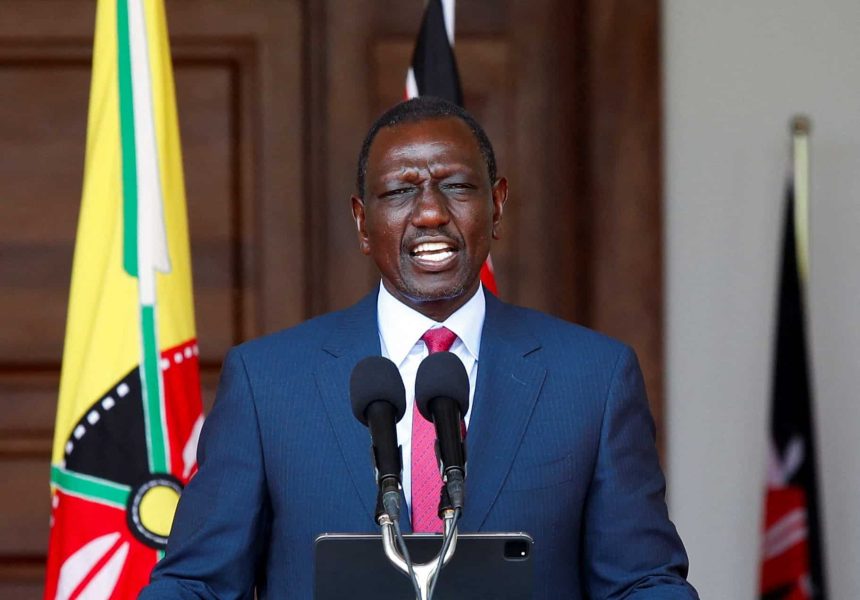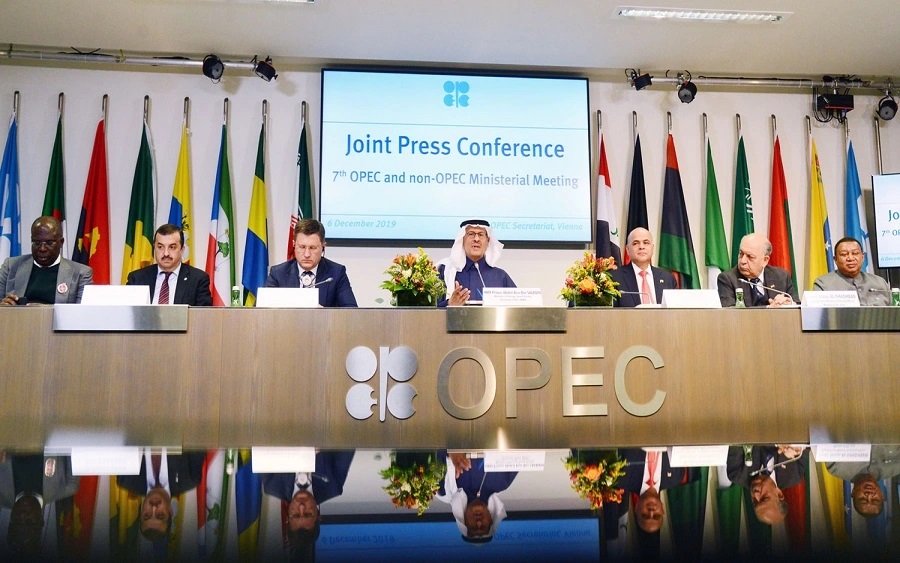Kenya’s Finance Ministry will solicit public input on new legislation aimed at increasing revenue and addressing economic challenges, Finance Minister John Mbadi announced on Monday. This move follows the withdrawal of a controversial finance law after widespread protests.
President William Ruto scrapped tax increases worth more than 346 billion shillings ($2.7 billion) in June after protests that resulted in over 50 deaths. The decision has left the government, already burdened with significant debt, facing a larger budget deficit, mounting unpaid bills, and delays in funding from the International Monetary Fund (IMF).
“We are barely managing. This is not where we wanted to be, but we are here,” Mbadi stated during a budget preparation meeting. Mbadi, appointed from the opposition last month, was chosen by President Ruto to help stabilize his administration.
Initially, Mbadi indicated that some tax hikes from the abandoned finance bill would be reintroduced, but public outcry and the threat of further protests led him to reconsider.
“I will be issuing a circular tomorrow, inviting the public’s participation to submit proposals on some legislative reforms to improve our current economic situation,” he said, giving citizens until September 20 to submit their views.
Mbadi emphasized that Kenya must continue servicing its debt, which has exceeded the recommended levels set by the World Bank and IMF due to extensive borrowing for infrastructure projects.
“We have no two ways about it. There is no debt restructuring in this country. We will not accept it. We will not do it. We will manage our debts, pay, and remain afloat,” he added.
Once the economic situation stabilizes, Mbadi suggested that the government would consider tax cuts in the medium term, including reducing value-added tax (VAT) on goods and services from 16% to 14%, and lowering the corporate income tax by 500 basis points to 25%.
($1 = 128.2500 Kenyan shillings)
(Reuters)













